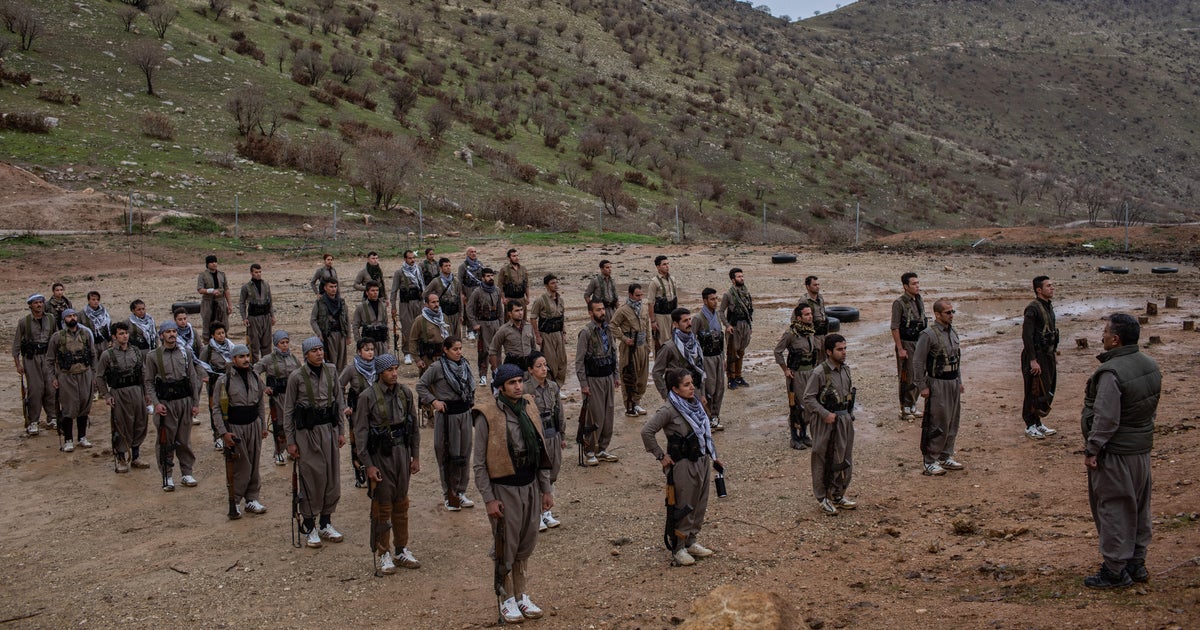Where have I heard that before?
I asked Chat GPT:
“1. West Germany (Post-WWII)
Context: After WWII, the U.S. led efforts to demilitarize, denazify, and rebuild Germany.
Method: Military occupation followed by economic aid (Marshall Plan), institution building, and integration into Western alliances (NATO, EU).
Outcome: West Germany became a stable, prosperous democracy, eventually leading to a unified democratic Germany after 1990.
2. Japan (Post-WWII)
Context: U.S. occupied Japan from 1945 to 1952 under General Douglas MacArthur.
Method: New constitution (including Article 9’s renunciation of war), land reform, education overhaul, women’s suffrage.
Outcome: Japan emerged as a democratic state with a pacifist orientation and strong economic growth.
3. South Korea (Long-Term U.S. Support)
Context: Initially a U.S.-backed dictatorship after the Korean War (1950s–1980s).
Method: Economic and military support; democratic reform occurred more from internal movements.
Outcome: By the late 1980s, South Korea transitioned to democracy and is now one of Asia’s most vibrant democracies. U.S. support helped stabilize the country and deter North Korean aggression during that transition.
4. Taiwan (Indirect Support)
Context: U.S. backed Chiang Kai-shek’s Nationalists after they fled to Taiwan in 1949.
Method: Military protection and economic ties; democracy emerged through internal reforms in the 1980s–90s.
Outcome: A robust democracy today, though the U.S. didn’t create it directly, ongoing U.S. support played a stabilizing role.
5. Eastern Europe (Post-Cold War)
Context: U.S. supported democratic transitions after the fall of the Soviet Union.
Method: Economic aid, NATO and EU integration support.
Outcome: Countries like Poland, Czech Republic, and the Baltics have had democratic success. Others (e.g., Hungary) have seen democratic backsliding.
6. Panama (1989 U.S. Invasion)
Context: U.S. invaded to remove Manuel Noriega.
Outcome: Panama transitioned to democracy afterward and has remained relatively stable since—though the legitimacy and legality of the invasion were contested internationally.
7. Grenada
Outcome: The military regime was quickly overthrown.
A new government was installed with U.S. and Caribbean support.
Democratic elections were held in 1984, and democratic governance has continued since.
Grenada today is considered a stable parliamentary democracy and one of the safest of the Caribbean islands.
The U.S. helped transition Grenada from military rule to electoral democracy.
There has been no return to authoritarianism.
The country has remained politically stable, despite the controversy around the invasion itself.
———————
As you can see, lots of successful precedents. It hasn’t always been a failure or THAT bad.


